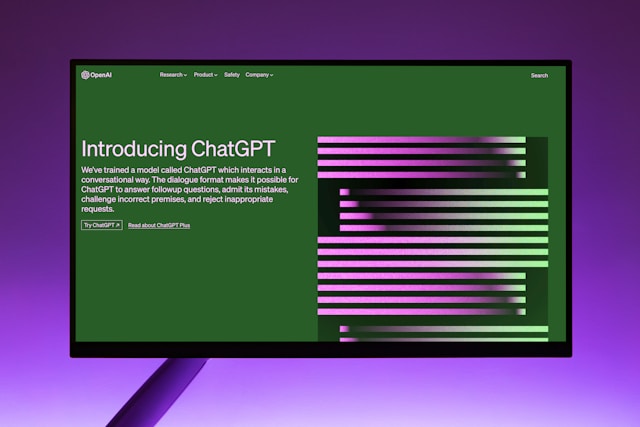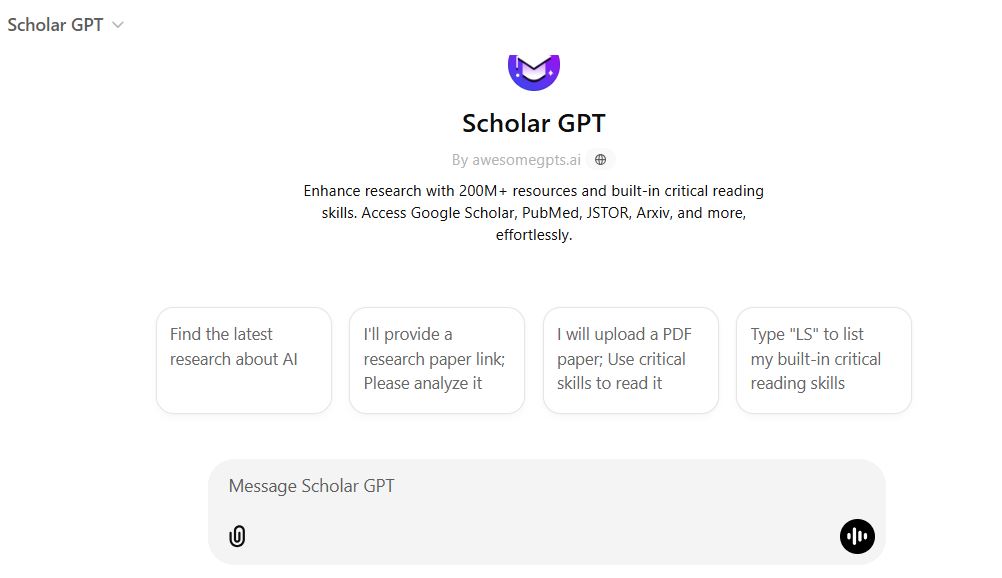Artificial intelligence (AI) has become a game-changer in various fields, and its impact on academic research is no exception. In the realm of thesis writing for PhD students, AI is revolutionizing the way of conducting and writing research papers. With its ability to analyze vast amounts of data, automate tasks, and improve efficiency, AI is transforming the landscape of academic writing.

In the past, PhD students would spend countless hours conducting research, analyzing data, and writing their theses. However, with the advent of AI, these tasks can now be streamlined and automated, allowing students to focus more on the critical aspects of their research. AI-powered tools and software are enabling students to conduct research more efficiently, analyze data more accurately, and produce high-quality theses in a shorter amount of time.
In this article, we will explore the benefits of using artificial intelligence in thesis writing for PhD students. We will delve into how AI enhances research efficiency, improves data analysis, automates literature review, streamlines citation and referencing, and ensures plagiarism-free content. Additionally, we will explore top 10 best AI tools in thesis writing for PhD students. By harnessing the power of AI, PhD students can take their research and thesis writing to new heights.
AI-powered research tools can help students find relevant and credible sources for their research papers. These tools can quickly analyze vast amounts of data and provide valuable insights, saving researchers time and effort in the research process.
AI algorithms can assist in analyzing complex data sets, identifying patterns, and drawing meaningful conclusions. This can help researchers uncover hidden insights and make more informed decisions based on their findings.
AI tools can automate the process of conducting a literature review by scanning and analyzing numerous academic papers and extracting relevant information. This saves researchers the tedious task of manually reviewing and summarizing a large number of articles. There are plenty of AI literature review generator available on the internet to add efficiency on the research process.
AI-powered reference management tools can generate accurate citations and references in various citation styles, such as APA, MLA, or Chicago. This eliminates the risk of errors and saves researchers time in formatting their references.
AI-based plagiarism detection tools can scan the thesis content and compare it with a vast database of academic sources to identify any instances of plagiarism. This helps researchers ensure the originality and integrity of their work.
AI tools can provide suggestions for improving the clarity, coherence, and grammar of the thesis writing. They can identify common writing errors and offer suggestions for improvement, helping researchers enhance the overall quality of their work.
By automating various tasks, AI tools can help researchers save time and manage their workload more efficiently. This allows them to focus on the core aspects of their research and writing, leading to increased productivity and timely completion of the thesis.
Artificial Intelligence (AI) offers various tools that can significantly enhance thesis writing for PhD students by streamlining research processes, improving writing quality, and aiding in data analysis. Here are some of the best AI tools tailored for this purpose:
Chatgpt-3.5 by OpenAI is a cutting-edge language model capable of generating human-like text based on prompts. It can be used to generate text for specific sections, suggest research directions, or even simulate peer review feedback. Additionally, ChatGPT is recognized as one of the best AI tools for writing literature reviews, which are often the most challenging part of thesis writing.

Scholar GPT is an advanced AI academic assistant designed specifically for research and thesis writing. With access to over 200M+ scholarly resources, it excels in literature reviews, generating research questions, and summarizing complex academic content. Its built-in critical reading tools and citation generation features make it an invaluable tool for students and researchers aiming to enhance the quality and efficiency of their thesis writing process.

Tenkeyword is a sophisticated keyword optimization tool designed to help identify and integrate relevant keywords into various forms of writing, including articles, blog posts, and academic papers. It can be used to enhance the visibility and relevance of thesis content for PhD students, ensuring their research is aligned with current trends and terminology in their field. By analyzing keyword density and suggesting optimal keywords, Tenkeyword helps in structuring abstracts, introductions, and literature reviews, effectively improving the discoverability and impact of their scholarly work.
Grammarly is an AI-powered writing assistant that helps improve the clarity, correctness, and style of writing. It provides real-time grammar, punctuation, and style checks, making it invaluable for drafting and revising academic texts.
While not purely AI, Scrivener integrates some AI features to help organize research efficiently. It’s excellent for managing large writing projects by allowing users to structure their work in manageable sections and keep all research materials accessible.
QuillBot is an AI paraphrasing tool that helps rephrase, rewrite, and enhance any sentence, paragraph, or article using state-of-the-art AI. It’s useful for avoiding plagiarism and refining the clarity of complex arguments.
This tool uses AI to manage bibliographic data and related research materials. It’s essential for automatically sorting and indexing research, creating citations, and integrating directly with word processors to streamline the writing process.
Jasper is an AI content generation tool that can help draft sections of a thesis, generate ideas for chapters, or provide suggestions on improving the narrative flow. It’s particularly useful for overcoming writer’s block or refining the draft’s language.
ProWritingAid is an AI-enhanced editing tool that offers in-depth writing reports, which suggest improvements in style, tone, readability, and structure. It’s ideal for PhD students looking to polish their thesis to a professional standard.
DataRobot is an AI that assists in data analysis, which is crucial for data-driven dissertations. DataRobot automates various data science tasks including data preparation, model building, and deployment, making sophisticated data analysis more accessible to researchers without a deep background in data science.
These tools, leveraging the power of AI, can significantly reduce the burden of thesis writing and improve the overall quality and efficiency of research outputs for PhD students.
Overall, the integration of artificial intelligence in thesis writing has transformed the research process for PhD students, making it more efficient, accurate, and streamlined. As AI technology continues to advance, we can expect further improvements in thesis writing and research methodologies.